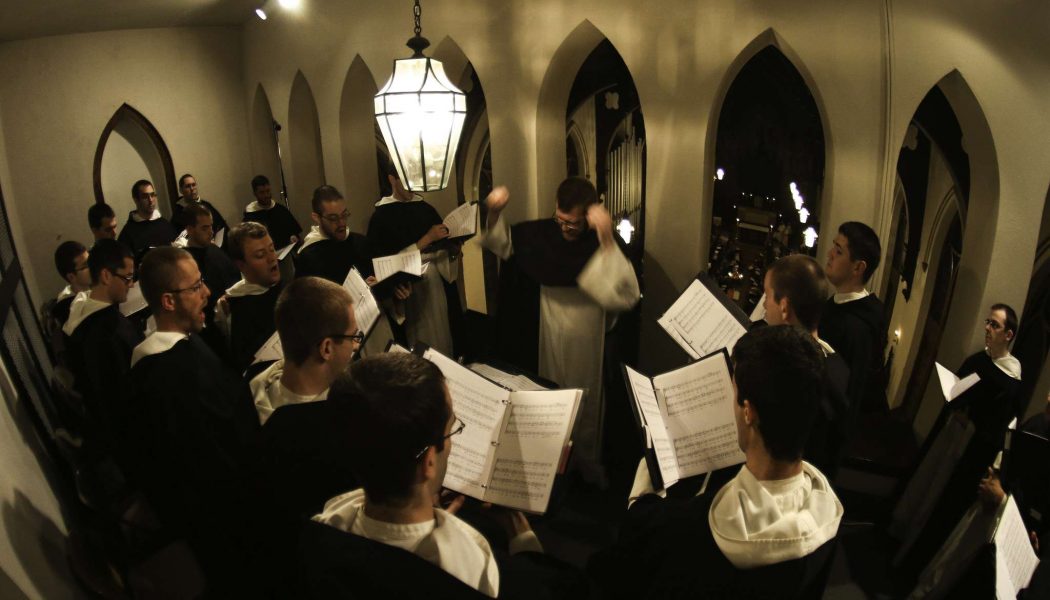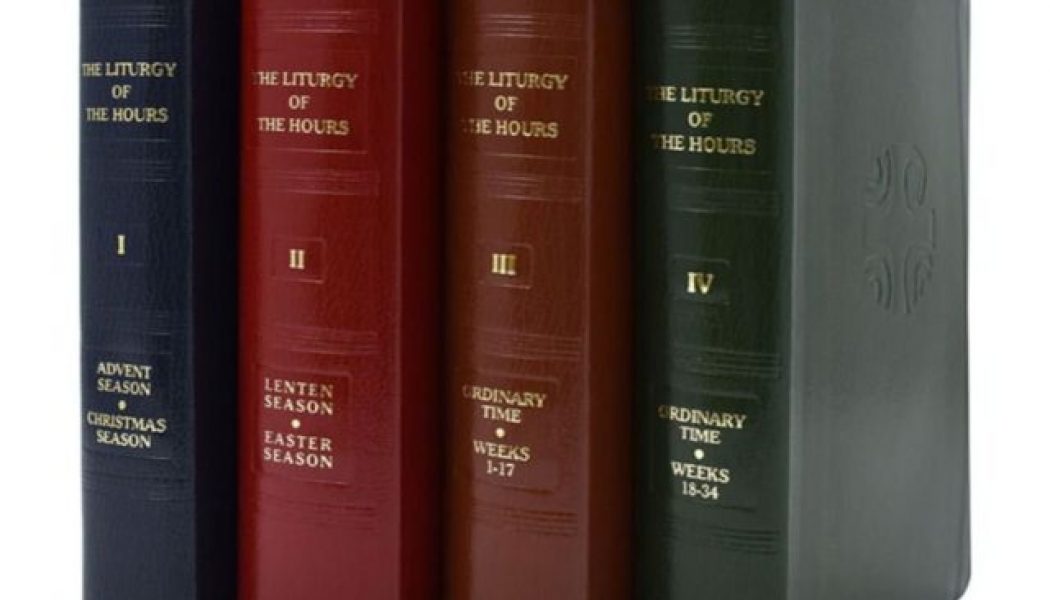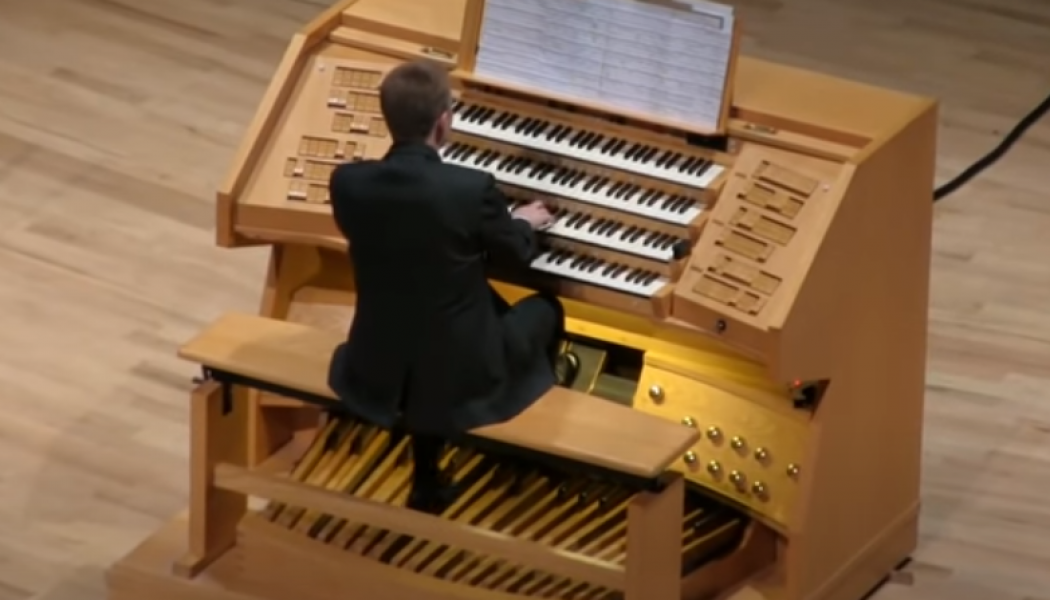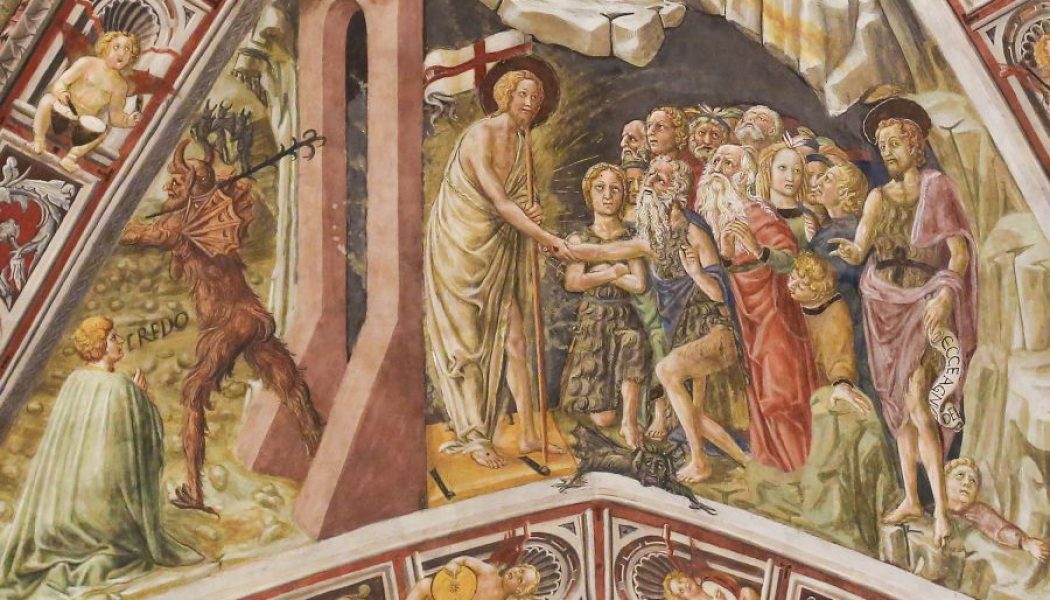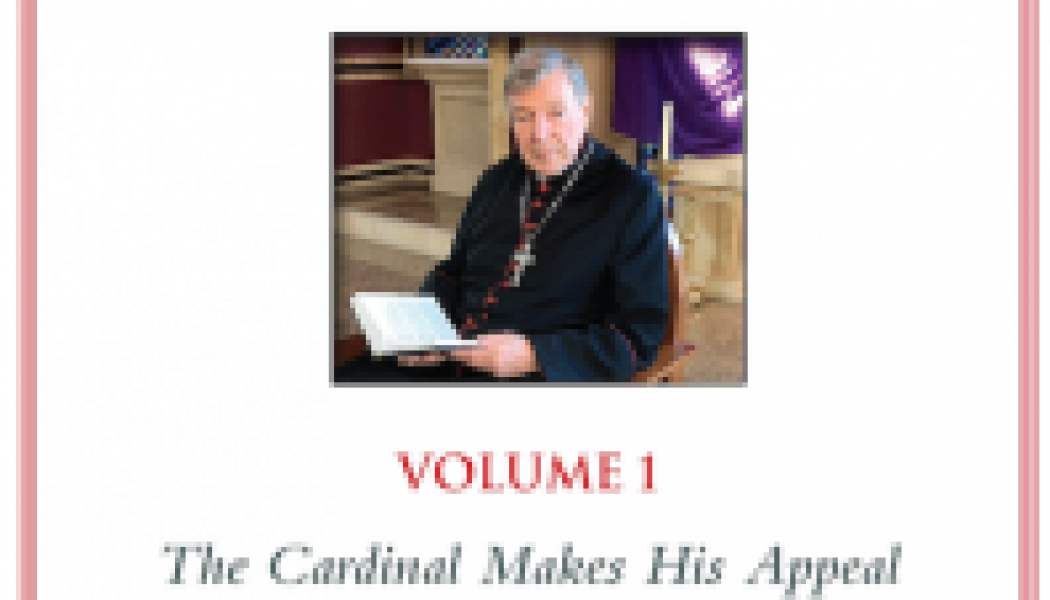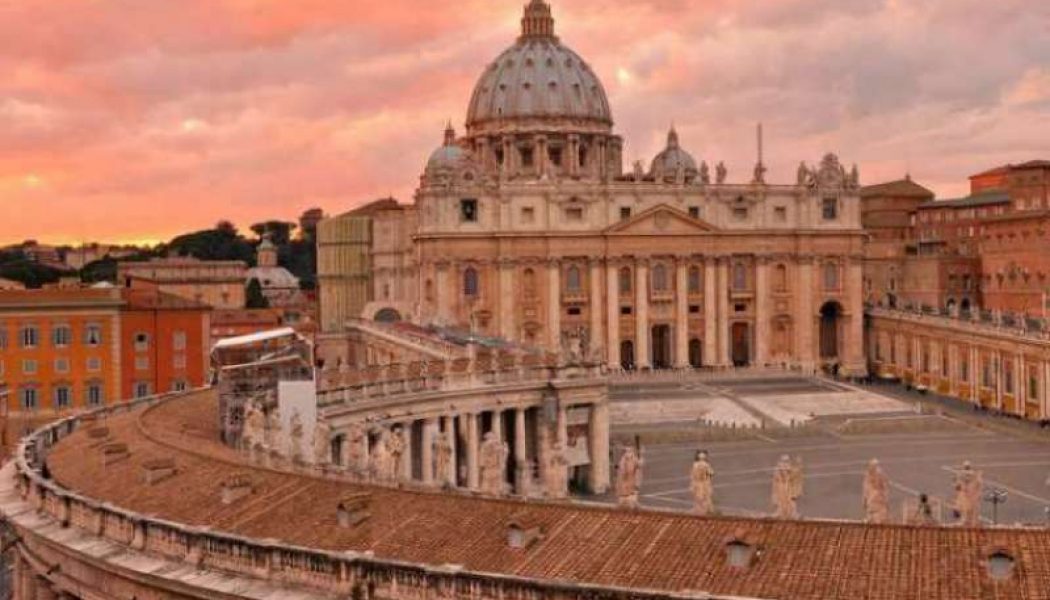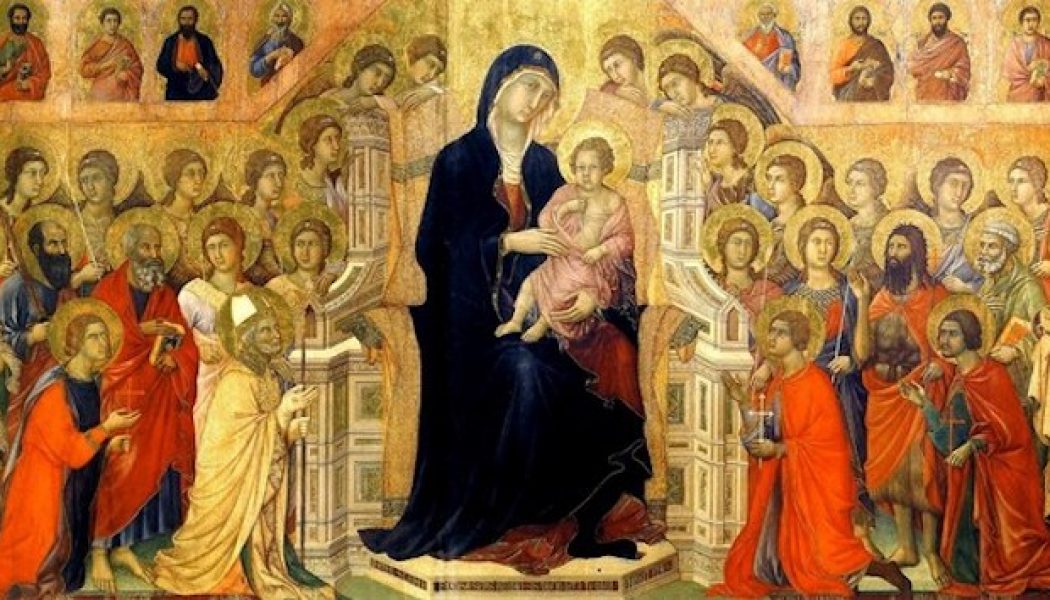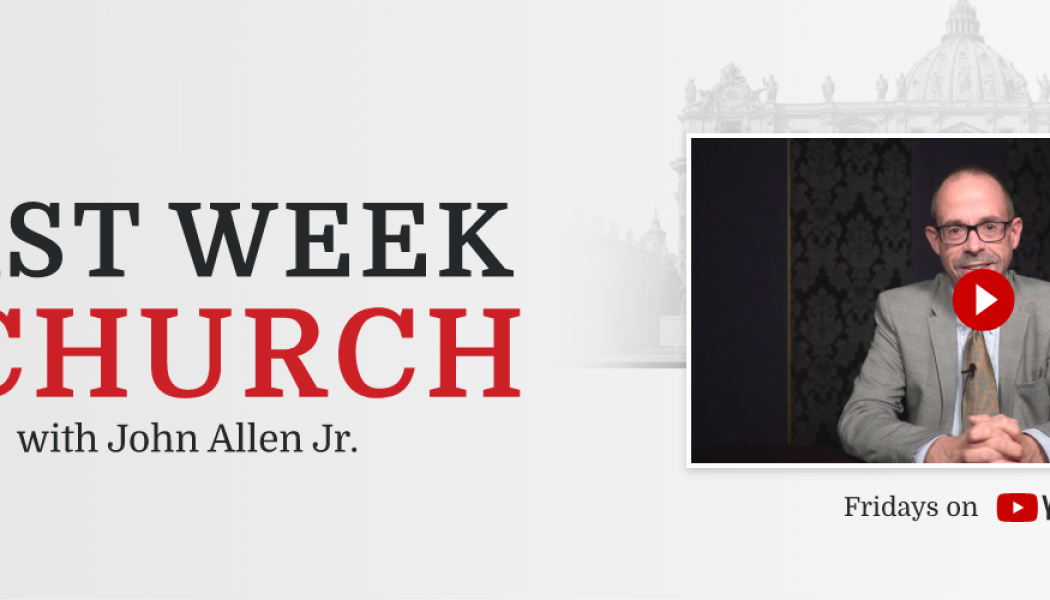Left
‘All Are Welcome’ is not a welcome hymn at Mass, USCCB doctrine committee says…
CNA Staff, Dec 10, 2020 / 07:01 pm MT (CNA).- The doctrine committee of the US bishops’ conference (USCCB) earlier this year produced a guide to evaluating the lyrics of hymns on the basis of their doctrinal content, noting that Vatican II declared sacred music’s purpose to be “the glory of God and the sanctification of the faithful.” “Christian tradition, both Eastern and Western, has from antiquity been acutely aware that hymns and other songs are among the most significant forces in shaping – or misshaping – the religious and theological sensibility of the faithful,” the committee wrote in “Catholic Hymnody at the Service of the Church,” which is dated September 2020. “It is all the more important, then, that hymnody selected for the liturgical life of the Church successfully draw out t...
This Sunday, the humble rejoice and the proud complain…
By Tom Hoopes, December 10, 2020 This Sunday, the Third Sunday of Advent, Year B, Gaudete Sunday, Jesus is still absent from Sunday’s Gospel, but nonetheless the Church says “rejoice.” The readings even give the key to rejoicing: humility. It’s a paradox we easily miss. We can’t be joyful without being humble — and we can’t be humble unless we are “humiliated” according to Mother Teresa and “despised” according to St. Gregory the Great. Only one person in the Gospel reading today is more humble than John the Baptist. John is placed before us again as a great example of humility in his life, message and self-understanding. He eats bugs in the desert dressed in a hide, repeats “Repent!” to his audiences, and endlessly proclaims “I am not the Christ.” “I am not the Christ” means “I am no...
From closets to subway tile: How previous epidemics shaped the design of your home…
Subway tile in Nate Berkus and Jeremiah Brent’s New York apartment Photo: Douglas Friedman If you’re doing your part and social distancing from inside your home, you may start to notice small details of your house or apartment you hadn’t thought about before—like why your older home doesn’t have a closet, or how white subway tile became so ubiquitous. You may also be wondering if there’s anything you can do—aside from the usual cleaning and disinfecting process—to help keep your home as virus-free as possible during the coronavirus outbreak. Whether you realize it or not, a number of the design features in our homes today originated, or were popularized, because of previous infectious disease outbreaks, like the 1918 flu pandemic, tuberculosis, and dysentery. There is a very long, very int...
Some motivation to say the Liturgy of the Hours…
Someone writes: What advice would you give to a priest that had trouble staying loyal to the liturgy of the hours–especially if they have trouble finding them fruitful or just a checklist thing to do? I’d have several pieces of advice: 1) We all go through periods of spiritual dryness in which particular activities do not seem fruitful to us and more like a checklist. Do not worry about this. Accomplishing our duties even when they do not seem personally rewarding actually increases the merit of doing them, as it is persevering in spite of difficulty. This represents the principle that God uses to bring good out of adversity, the supreme example of which is Christ’s redemption for the world from the Cross. However, the same principle is at work in our lives when we do what we should in spi...
In memory of Walter Hooper (1931-2020), secretary and literary executor of C.S. Lewis — and a man who had nearly 50 godchildren…
And I smile to think How God’s completenessFlowed round my incompletenessRound my restlessnessHis Rest. – Walter’s Desired Epitaph When I was a junior in undergraduate, I went off to Oxford for a term abroad. It was early January and the August or September prior I had begun catechesis to enter the Catholic Church. Now, having travelled in the middle of it, I was keen to find a good priest to prepare me. The day after I arrived, I happened to pass by the Oxford Oratory, where, as a small sign on its gates boasts, St John Henry Newman had preached, Gerard Manley Hopkins was a priest, and J.R.R. Tolkien a regular. Another sign listed Mass at 10.00a on Saturday, so I planned to go the next day. After that morning Mass, I looked around for a man in a collar and saw one talking...
Of preludes, postludes, and appreciation for sacred liturgy…
In the first video below there is a scene, not exceedingly rare today, of a piano placed in an airport or shopping mall. A person approaches the piano and begins to play, meekly at first, but then displaying virtuoso talent. Soon a crowd assembles in appreciation of the remarkable gift before them, both the man and the music. Sadly, I have not noticed a similar appreciation expressed by Catholics at Sunday Mass, weddings, or other similar moments when virtuosity was displayed by the church organist. For example, a few years ago I was at a large Mass of the faithful at a large church in Washington, D.C. where very talented organists are known to play. For the postlude, the organist played the Symphonia from Cantata 29 by J.S. Bach, a phenomenal and difficult piece (see the second video also...
Apostolic Letter ‘Patris Corde’ on the 150th Anniversary of the proclamation of Saint Joseph as Patron of the Universal Church…
APOSTOLIC LETTER PATRIS CORDE OF THE HOLY FATHERFRANCIS ON THE 150th ANNIVERSARY OF THE PROCLAMATION OF SAINT JOSEPHAS PATRON OF THE UNIVERSAL CHURCH WITH A FATHER’S HEART: that is how Joseph loved Jesus, whom all four Gospels refer to as “the son of Joseph”.[1] Matthew and Luke, the two Evangelists who speak most of Joseph, tell us very little, yet enough for us to appreciate what sort of father he was, and the mission entrusted to him by God’s providence. We know that Joseph was a lowly carpenter (cf. Mt 13:55), betrothed to Mary (cf. Mt 1:18; Lk 1:27). He was a “just man” (Mt 1:19), ever ready to carry out God’s will as revealed to him in the Law (cf. Lk 2:22.27.39) and through four dreams (cf. Mt 1:20; 2:13.19.22). After a long and tiring journey from Nazareth to Bethlehem, he beheld t...
C.S. Lewis offers some guidance on how to live knowing we are going to die…
You don’t expect an apologist to write much about dying and death. That’s for the evangelist trying to close the sale. But the great apologist C. S. Lewis wrote surprisingly often about the death that awaits us all. Lewis wrote so much about death because he believed so strongly in the reality of Heaven and Hell, and wanted his readers to get to the first and not the second. Our final end is the real point of almost all his writing. The pandemic may make us think about a little more about our inevitable death than we usually do. And therefore about how we should live to be prepared for it. Here’s where Lewis is so helpful. He saw clearly how the end of life tells us how to live. From This Life to the Next This is the key to Lewis’s writing on the subject: He believed Heaven to be more real...
Read a preview of Cardinal Pell’s ‘Prison Journal,’ which comes out Dec. 15…
> Italiano> English> Español> Français > All the articles of Settimo Cielo in English * Set free on April 7 by the High Court of Australia, which unanimously judged the accusations as baseless, Cardinal George Pell, 79, sent off his prison journal for publication by Ignatius Press, the American publishing house founded and directed by the Jesuit Joseph Fessio, a veteran disciple of Joseph Ratzinger and member of his “Schulerkreis.” And now his wish is coming true. The first volume of Pell’s “Prison Journal” will be released on December 15, and Settimo Cielo is previewing some of the passages here, with the permission of the publisher. The 350-page book covers the first five months of the 404 days the cardinal spent in solitary confinement in the Melbourne Assessment Pr...
Report: Vatican seeks eight-year jail sentence for ex-Vatican bank president Angelo Caloia…
CNA Staff, Dec 7, 2020 / 08:00 am MT (CNA).- The Vatican’s Promoter of Justice is seeking an eight-year jail term for a former president of the Institute for Religious Works, according to Italian media reports. The HuffPost said Dec. 5 that Alessandro Diddi had requested the sentence for Angelo Caloia, the 81-year-old ex-president of the institute commonly known as the “Vatican bank”, for money laundering and self-laundering, and embezzlement. Caloia was president of the institute — also known by its Italian initials, IOR — from 1989 to 2009. The website said that this was the first time that the Vatican had sought a prison sentence for financial crimes. CNA has not independently verified the report. The Holy See press office did not respond to a request for comment on Monday. ...
God wants to meet you at the point of your greatest fear…
A few years ago, I attended a Mass at which the homilist was a newly ordained young Jesuit. The homily was his first sermon, and I assume that the Lord gives a profound anointing to a priest’s first sermon. I never learned the priest’s name, or spoke a word to him, but the sermon he preached on that occasion has affected me every day since. In clear and unequivocal tones, the young priest stated, “God wants to meet you at the point of your greatest fear.” Go, he explained, to the point of your greatest fear, in your mind and heart, and God will meet you there. When He meets you there, tell Him about the fear, and He will help you there. Those words struck me in my core. I had to admit that although I had consecrated my life to Jesus through His Blessed Mother,...
Midnight Mass kerfuffle offers vintage ‘only in Italy’ moment…
ROME – Although nobody really has paper filing cabinets anymore, we all carry around their virtual equivalents in our heads. Mine contains a gigantic folder, literally groaning with material, which I call my “only in Italy” file. Over the course of twenty-plus years of visiting and living here, I’m often amused by the foibles and idiosyncrasies of Italian life that reflect its utterly unique cultural matrix. More often than not, these “only in Italy” curiosities involve the Catholic Church, with which the country always has had a striking love/hate bond. Case in point? Every day in Rome at noon a canon is fired from the city’s Janiculum hill, near a gigantic statue of Giuseppe Garibaldi, the father of Italian unification. The tradition began in 1847 under Pope Pius IX, who was frustrated t...
